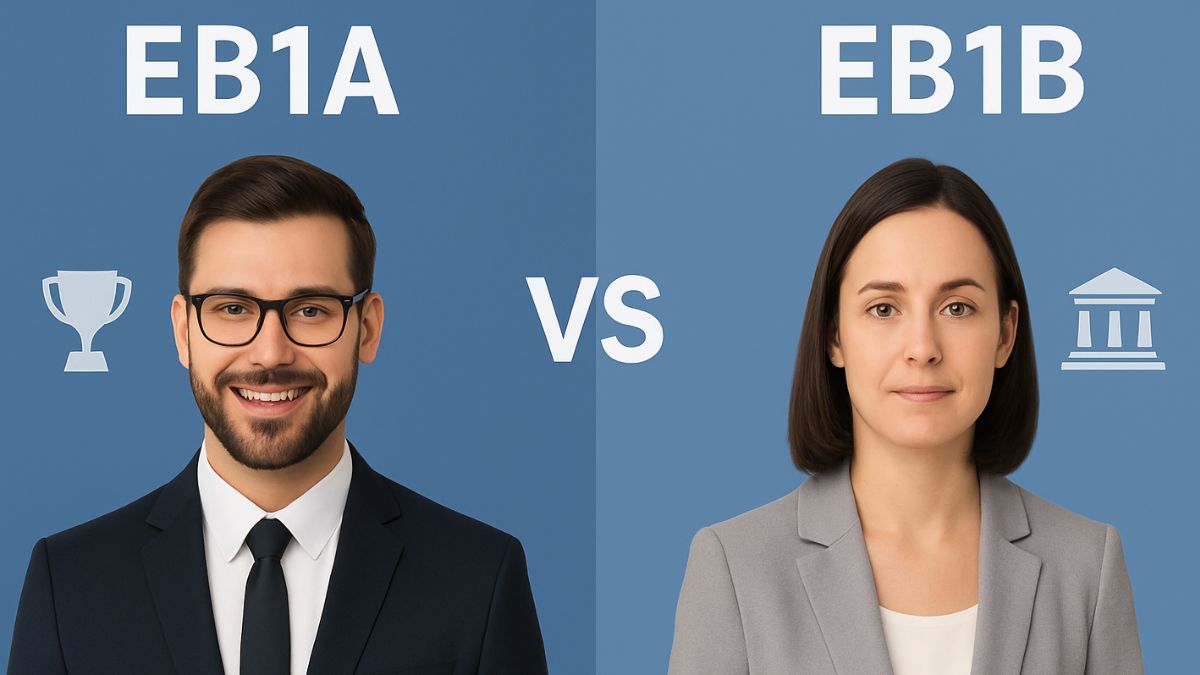
- May 26, 2025
- Heisenberg
- 0
Ever stumbled across the term “agent petitioner” while looking into U.S. work visas and thought, “Wait, what even is that?” You’re not alone.
Immigration and visa paperwork can be a dense forest of technical terms — and “agent petitioner” is one of those tricky ones. It sounds official (and it is), but understanding it doesn’t have to feel like decoding a government memo.
In this guide, we’ll break it down — in plain language — and walk you through what an agent petitioner is, what they actually do, who can become one, and why they’re so important for certain types of visa applications. Whether you’re an artist touring with multiple clients, a freelance performer, or a U.S. employer working with international talent, understanding this role is crucial.
We’ll also go over every type of U.S. work visa, because yes — agent petitioners don’t just show up in one or two scenarios. They’re involved in quite a few.
Let’s dive in, untangle the jargon, and actually make sense of this.
Table of Contents
ToggleWhat is an Agent Petitioner?
In simple terms, an agent petitioner is a person or entity authorized to file a visa petition on behalf of a foreign national, especially in cases involving multiple employers or engagements. This is particularly relevant in the context of temporary work visas like the O-1, P-1, and H-1B.
The agent acts as a representative, liaison, and sometimes even the actual employer. They’re not just a messenger—they’re legally responsible for submitting paperwork to U.S. Citizenship and Immigration Services (USCIS) and ensuring all documentation complies with immigration laws (USCIS Policy Manual).
When is an Agent Petitioner Used?
You’ll most commonly see an agent petitioner in the following scenarios:
- A foreign national is working with multiple employers (e.g., a musician on a U.S. tour)
- The employer is outside the U.S. and needs a U.S.-based representative
- The beneficiary (the person getting the visa) is self-employed or freelance
- The petitioner is a talent agency or management company
Legal Backing: What the USCIS Says
USCIS allows agents to petition on behalf of foreign workers under specific visa categories, notably:
- H-1B (Specialty Occupations)
- O-1 (Individuals with Extraordinary Ability)
- P-1 (Internationally Recognized Athletes or Performers)
According to the USCIS Policy Manual, Vol. 2, Part M, Ch. 3, agents can file for one employer, multiple employers, or even self-employed individuals, provided documentation supports each engagement.
Agent vs. Employer Petitioner: What’s the Difference?
Let’s clarify the two:
- An employer petitioner is your direct employer—they file the petition because you work for them.
- An agent petitioner, on the other hand, may not directly employ you but can file on your behalf if they’re coordinating your engagements.
In many cases, especially in entertainment and sports, a petitioner is an agent who isn’t necessarily the boss but facilitates your entry and stay in the U.S.
Responsibilities of an Agent Petitioner
So what exactly does an agent petitioner do? Quite a bit, actually:
1. Filing the Petition
The agent submits the Form I-129, which is used for nonimmigrant workers. They’re responsible for ensuring all information is accurate and up to date.
2. Providing Contracts and Itineraries
They gather contracts, letters of intent, and detailed itineraries for all the planned work or performances. These documents must clearly outline dates, locations, and employers.
3. Handling Communication
The agent serves as the primary point of contact with USCIS. They’ll receive all notices, approvals, RFEs (Requests for Evidence), and handle them accordingly.
4. Legal Accountability
By filing a petition, the agent is taking on legal responsibility. If something’s inaccurate or missing, it’s on them.

Who Can Be an Agent Petitioner?
This varies a bit, but generally, the following can act as agent petitioners:
- U.S.-based talent agencies
- Management companies
- Production companies
- Law firms or immigration representatives
- U.S. individuals acting as coordinators or sponsors
However, they must be based in the U.S. and have a verifiable relationship with the beneficiary. Just having a handshake deal won’t cut it—you need written contracts and legit documentation.
Common Visa Categories Involving Agent Petitioners
Below is a breakdown of all the U.S. work visa types where agent petitioners may be involved:
Temporary Work Visas
- H-1B – Specialty Occupations (e.g., tech, engineering)
- H-2A – Agricultural Workers
- H-2B – Non-Agricultural Seasonal Workers
- H-3 – Trainees
- L-1 – Intra-Company Transfers
- O-1 – Individuals with Extraordinary Ability (actors, scientists, athletes)
- P-1 – Athletes, performers
- P-2 – Artists under exchange programs
- P-3 – Culturally unique performers
- Q-1 – Cultural exchange visa
- TN Visa – For Canadian and Mexican professionals (under NAFTA/USMCA)
- E-3 – Specialty occupation workers from Australia
- R-1 – Religious workers
Note: Not all of these require or allow agent petitioners. But the O and P categories are the most flexible in this context.
Pros and Cons of Using an Agent Petitioner
✅ Pros
- Simplifies paperwork if working with multiple employers
- Legal representation through a single contact point
- Streamlined processing with coordinated contracts
❌ Cons
- Risk if the agent is not trustworthy
- Errors in the petition can cause visa denials
- Limited control for the beneficiary
Make sure your agent is experienced in immigration filings, especially if your case is complex or high-stake
Key Documents an Agent Petitioner Must Provide
Let’s get practical—here’s what the agent will typically need to submit:
- Form I-129
- Cover letter explaining the petition
- Detailed itinerary of events
- Copies of contracts with employers or event hosts
- Letters of recommendation or support
- Proof of the agent’s authority to act on behalf of the employer(s) or the beneficiary
All this should be neatly organized and supported by evidence of the beneficiary’s qualifications, especially for O-1 or P-1 visa types.
So… What is an Agent Petitioner Really?
At its core, an agent petitioner is a bridge—connecting foreign talent with opportunities in the U.S., simplifying complex multi-party arrangements, and navigating the bureaucratic jungle that is USCIS.
For freelancers, performers, and international creatives, they’re often the key to unlocking the U.S. market.
If you’re wondering, Do I need one?—chances are, if your career spans contracts with several employers or if you’re managing your own gigs, the answer is yes.
Conclusion:
So, there you have it — the mysterious “agent petitioner” is not as mysterious anymore. They’re often the behind-the-scenes champions who help performers, athletes, consultants, and skilled workers navigate the U.S. immigration system. Whether acting as a representative for multiple employers or managing a full itinerary across states, agent petitioners play a crucial role in keeping things organized, legal, and timely.
Understanding this role matters — especially if you’re involved in fields where contracts change, gigs stack up, or you’re working with multiple clients across the U.S. It’s not just bureaucracy — it’s how careers stay in motion while crossing borders.
If you’re exploring work visa options, collaborating with international professionals, or planning a move tied to employment, knowing the role of an agent petitioner could save you a lot of time (and paperwork headaches).
At Get Visa Info, we’re here to make all this less confusing. From visa insights to travel, immigration, food tips, and more — we’ve got you covered with simple, straightforward advice.
Stay curious, stay informed — and safe travels.


































